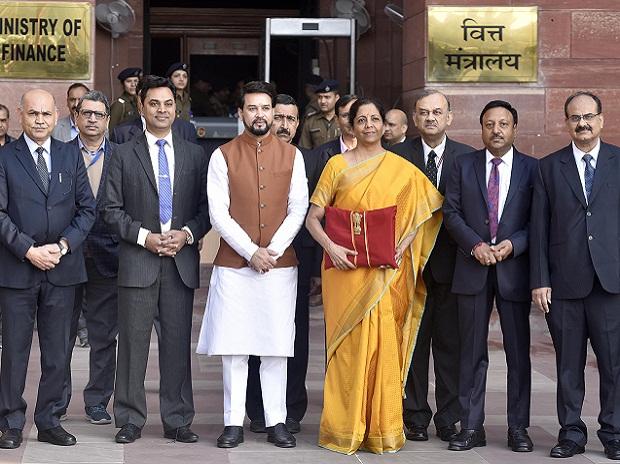WHAT IS MEMORANDUM EXPLAINING THE PROVISIONS IN THE FINANCE BILL

Memorandum Explaining The Provisions In The Finance Bill
The Finance Bill is a Money Bill according to the definition in Article 110 of the Indian Constitution. The Finance Bill contains tax proposals of the government explaining new taxes, changes in rates of existing taxes. This Bill, which could be about expenditure, revenues, and government borrowings, is part of the Union Budget and submitted to Parliament for its approval. It is accompanied by the Memorandum Explaining the Provisions in the Finance Bill. As the name suggests, the memorandum explains the provisions of the changes proposed by the Finance Bill.
The Finance Bill stipulates changes to the existing taxation structure as proposed by the finance minister in the Union Budget. The accompanying memorandum details all legal amendments required for the proposed changes. For example, Memorandum to the Finance Bill, 2019, included provisions related to direct taxes that sought to amend the Income Tax Act, 1961.
Various proposals for amendments are organised under sub-heads in the memorandum. Sub-heads include amendment to tax rates, deepening and widening of tax base, strengthening anti-abuse measures promoting tax incentives, and more.
Once approved by the Lok Sabha, the Finance Bill becomes the Finance Act.
Read the Memorandum Explaining the Provisions in the Finance Bill 2022
Read the Memorandum Explaining the Provisions in the Finance Bill 2022
Memorandum Explaining The Provisions In The Finance Bill
MEMORANDUM EXPLAINING THE PROVISIONS IN THE FINANCE BILL
-
 Budget 2022: Full text of the memorandum of the Finance Bill tabled in LS
Budget 2022: Full text of the memorandum of the Finance Bill tabled in LS
Here is the full text of the memorandum of the Finance Bill as tabled in Lok Sabha by Finance Minister Nirmala Sitharaman| February 01, 2022, Tuesday -
 Budget 2021: Full text of the memorandum of the Finance Bill tabled in LS
Budget 2021: Full text of the memorandum of the Finance Bill tabled in LS
Here is the full text of the memorandum of the Finance Bill as tabled in Lok Sabha by Finance Minister Nirmala Sitharaman| February 01, 2021, Monday -
 Budget 2020: Full text of the memorandum of the Finance Bill tabled in LS
Budget 2020: Full text of the memorandum of the Finance Bill tabled in LS
Here is the full text of the memorandum of the Finance Bill as tabled in Lok Sabha by Finance Minister Nirmala Sitharaman| February 01, 2020, Saturday



